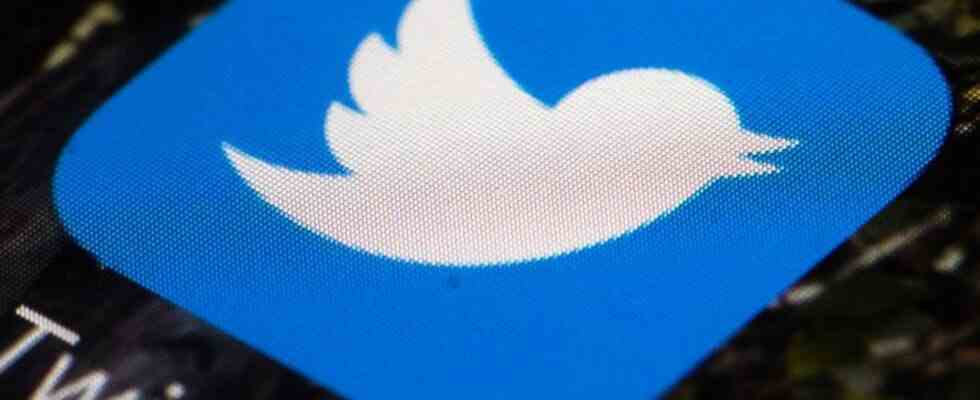short message service
US media: Twitter warms to Musk’s takeover bid
There is progress – but no deal yet. Photo: Matt Rourke/AP/dpa
© dpa-infocom GmbH
Elon Musk’s takeover attack on Twitter already seemed doomed to failure. But since the Tesla boss presented the necessary financing commitments, the resistance seems to be crumbling.
According to US media reports, Twitter is more receptive to the takeover bid by tech billionaire Elon Musk after initial resistance.
The Wall Street Journal wrote that the sides are in serious negotiations and could tie down a deal this week. The financial service Bloomberg also wrote that Twitter had become more open to Musk’s plan since presenting funding commitments of $ 46.5 billion (around 43 billion euros) last week.
Musk announced his intention to take over Twitter around ten days ago – and explained this with alleged restrictions on freedom of speech on the short message service, which he wanted to turn off. The board of directors of the online service then introduced a countermeasure that allows other shareholders to buy shares at lower prices as soon as an attacker like Musk has a stake of more than 15 percent. At the same time, Twitter generally reserved the right to agree to a deal. Musk had already bought a good nine percent stake in the past few months.
After meeting on Sunday, the sides made progress but still have some differences to iron out, the Wall Street Journal reported, citing those who were informed. It is still not certain that a deal will come about, it said.
The New York Times wrote that the talks included the timeline for closing the deal and fines in the event that an agreed deal fails in the end. So far, Twitter has only officially referred to the announcement that Musk’s offer is being examined in the interests of all shareholders.
Last offer: $54.20 per share
While analysts assumed that the board of directors could approve a deal at a price of $60 per share, Musk repeatedly emphasized that his offer of $54.20 was the last. That would value Twitter at around $43 billion overall. Investors have so far been skeptical that Musk will achieve his goal: The stock closed at just under $49 on Friday and only advanced to $49.19 in early premarket trading on Monday.
Musk presented commitments for loans of over $25.5 billion and also wants to contribute shares worth around $21 billion. Tesla boss Musk is by far the richest person in the world. However, his fortune consists almost exclusively of shares in the electric car manufacturer and his space company SpaceX, so that he would also have to resort to credit for a Twitter purchase.
The 50-year-old is one of the most active prominent Twitter users and has around 83 million followers. He announced that he wants to make Twitter a “global platform for free speech” because this is important for civilisation. Musk’s promises of looser regulation drew criticism from pundits like former Facebook security chief Alex Stamos. You don’t increase the value of a platform by letting it be 99.9 percent filled with pornography and ads for fake branded sunglasses and sexual enhancers, he wrote on Twitter.
Musk’s criticism of the state of free speech on Twitter is popular with supporters of former President Donald Trump and other US conservatives. Among other things, they have long railed against the fact that Twitter and other online platforms are taking action against false information about the corona virus and Trump’s uncovered allegations of election fraud.
Trump was banned from Twitter after expressing sympathy for his supporters who stormed the US Capitol in Washington on January 6, 2021. The management has so far emphasized that there is no way back to the platform for the ex-president. Musk’s approaches could now make Trump sit up and take notice with a view to running again in the 2024 presidential election: he finds temporary “timeouts” better than permanent exclusions, said the Tesla boss in general. In the early days, Musk downplayed the dangers of the virus himself and criticized restrictions in California as “fascist”.

